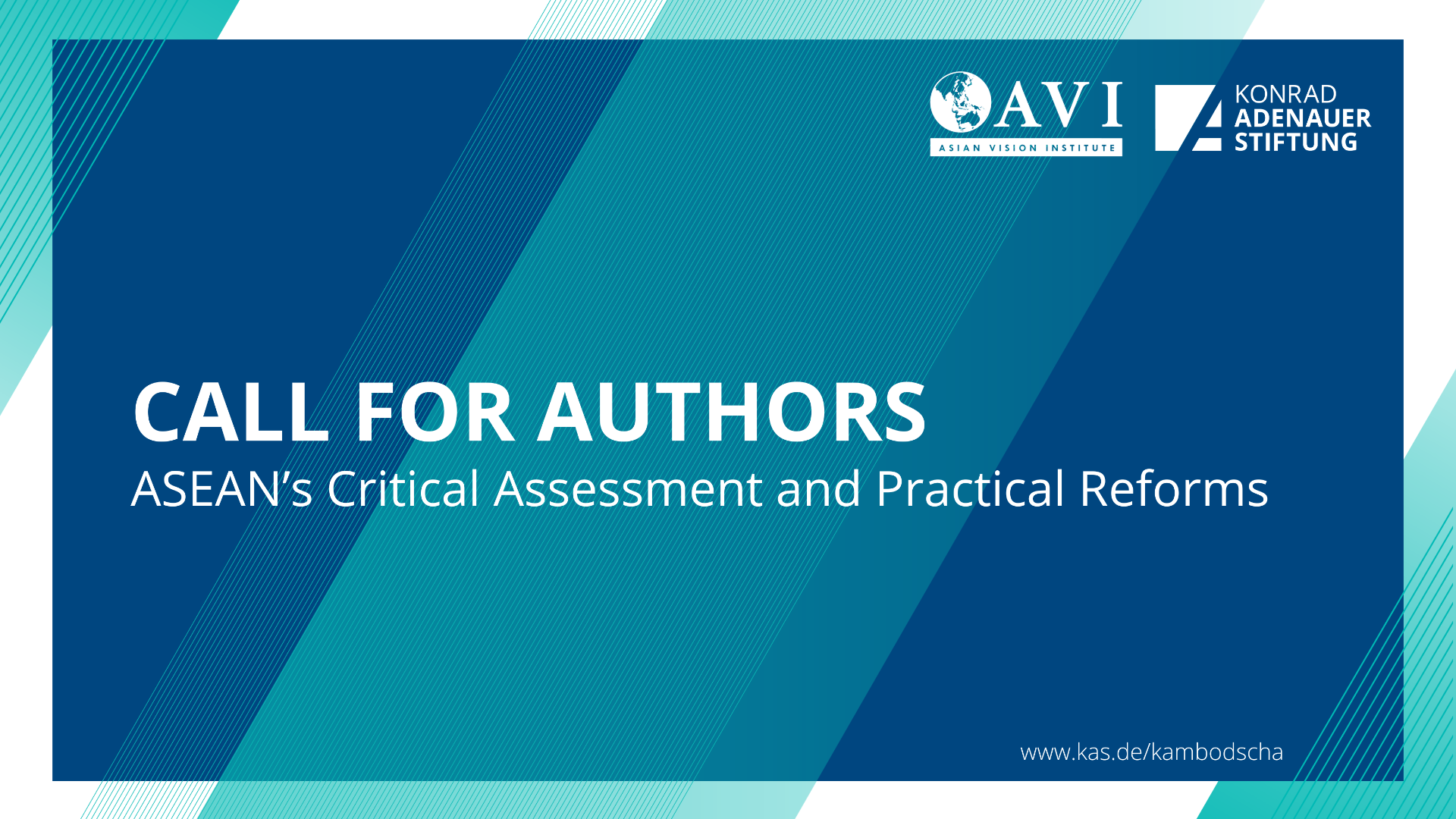Overview
Established in 1967, The Association of Southeast Asian Nations (ASEAN) aims to maintain regional peace and security amidst the ideological tension during the Cold War. From initial inception period, expansion of membership, to a formalization and and vision-setting, ASEAN has indeed achieved a reputation for maintaining regional peace and stability in Southeast Asia for more than five decades. Some scholars labelled it as “a durable regional grouping in the developing world”.
Despite having been operating for over five decades, achieving numerous milestone, navigated the region through the Cold War and many key turning points in international politics, ASEAN still being fiercely criticized by the pundits for various strategic matters and most notably for the principles of its charter over consensus mechanism, conflict management and many more. ASEAN’s progress has been relatively slow and often in obstacle due to the internal and external conflicts. In recent years, ASEAN has faced a tremendous set of challenges, and indeed the geopolitical and strategic factor had a crucial role to play in the development of ASEAN itself. Those may range from the Russia-Ukraine conflict, food and energy insecurity, Myanmar political crisis, the downturn of the global economy as well as the intensified major power rivalry between US and China. ASEAN arrived at the crossroad where it must do more to ensure resilience and relevance in shaping its own regional architecture. The policy and mechanisms for the realization of the ASEAN Community must be properly implemented
Recognizing that there are loopholes, obstacles, and existing and potential threat that hinder ASEAN from addressing major of the regional and global issues, it raises the question: how can ASEAN revitalize itself?
This report aims to explore ASEAN’s weaknesses in its charter, policies and initiatives by looking at its main three pillars, namely the ASEAN Political-Security Community (APSC), ASEAN Economic Community (AEC) and ASEAN Socio-Cultural Community (ASCC), and offer recommendations for reform. This will be an evident-based studies co-lead by the Konrad-Adenauer-Stiftung Cambodia and the Philippine Office, and the Asian Vision Institute (AVI); that will gather eminent scholars with expertise on ASEAN from across the region as the authors to provide the assessment and formulate the feasible recommendation based on each pillars of ASEAN.
Therefore, KAS Cambodia & KAS Philippine and AVI would like to invite distinguished scholars with research interest in ASEAN to submit their abstract based on the selected pillar to partake in this study.
Objectives
- Identify the existing and potential issues facing ASEAN
- Provide critical assessment on ASEAN based on each pillar through evident-based studies, or any potential challenges that may hinder its future’s relevance
- Gather scholars and experts in ASEAN along with the outsider perspectives to provide feasible policy input, recommendation, and in-depth revitalization proposal to ASEAN
Preferrable Themes
This report shall contain the following structure:
- Critical Assessment on ASEAN Political-Security Community (APSC) and Practical Recommendations
- Critical Assessment on ASEAN Economic Community (AEC) and Practical Recommendations
- Critical Assessment on ASEAN Socio-Cultural Community (ASCC) and Practical Recommendations
- Any other necessary solutions to the potential challenges of ASEAN
Call for Authors
All distinguished scholars and experts with research interest on ASEAN that meet with the following eligibility criteria are welcome to submit their abstract.
Incentive
- Honorarium: 500 USD (WTH include)
Eligibility
- Academic Background: at least a master’s degree in the field of political science, international relations, social science, or any other relevant fields
-
Research Interests: Southeast Asian studies, ASEAN Community development (in all pillars), etc.
-
Experience: Having experiences in producing research papers, journal articles, or any other types of academic publications
Timeline
-
Announce call for author on KAS & AVI media (06th February to 06th March 2023)
-
Application review and shortlisting by the Editorial Board (March-April 2023)
-
Announcement of Selected Author via email (April 2023)
-
Deadline for First Draft Submission by the Authors (June 2023)
-
First Draft Review and Feedback by the Editorial Board (July 2023)
-
Deadline for Final Draft Submission by the Authors (August 2023)
-
Final Draft Review by the Editorial Board (August 2023)
-
Design and Printing (September 2023)
-
Report Launching Event in Manila, the Philippines (October 2023)
Application procedure
Interested candidate shall submit their application via email to chhay.lim@kas.de, by attaching with:
- Abstract: 300 words maximum, (Research Methodology: A scientific research using both primary data and secondary data)
- Brief Personal Biography (academic, research, and professional background)




